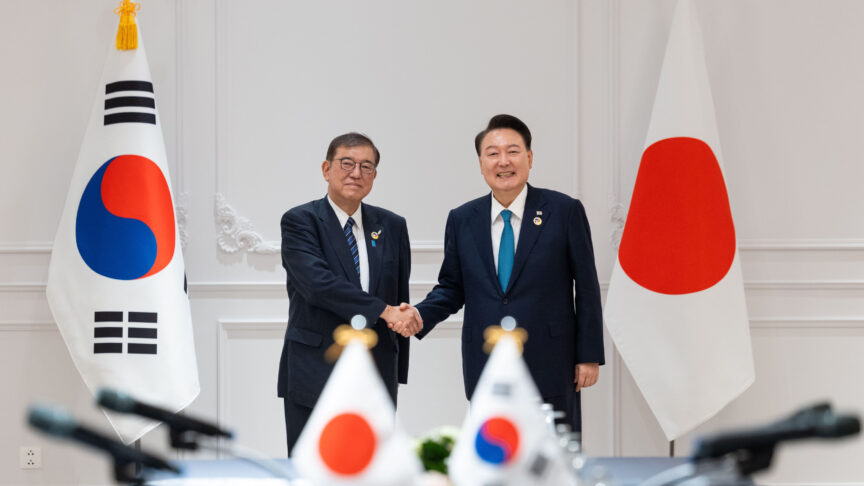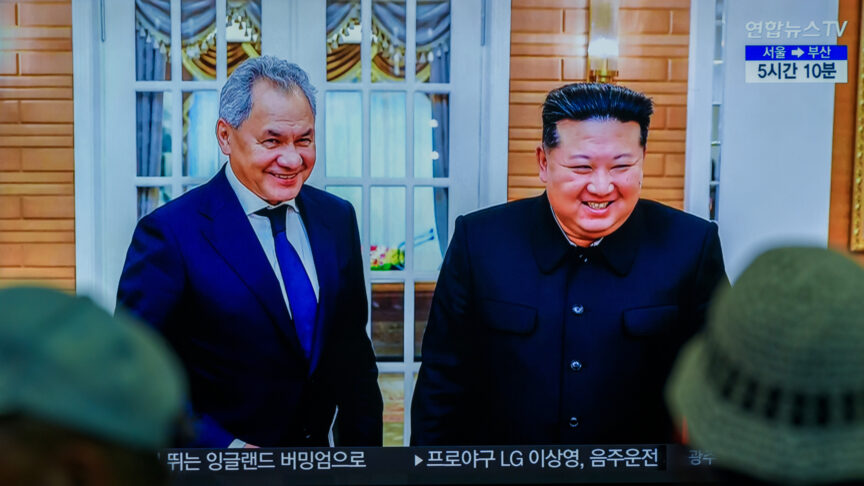China Analysis: China’s missing energy debate
China’s plans for renewable energy and a nuclear-powered future
How will China power its huge and growing economy in the years ahead? The world’s largest nuclear programme and ambitious plans for renewable energy are both part of the plan, as Beijing seeks to reduce both greenhouse gas emissions and its dependence on imported oil.
But with the Fukushima meltdown turning governments as far away as Berlin off nuclear power, what has been the Chinese reaction to Japan’s disaster?
Are China’s plans for alternative energy a chance to collaborate with the USA and lessen the geopolitical tensions caused by its search for raw materials, or yet another potential source of friction?
The latest edition of China Analysis, published today by the European Council on Foreign Relations and Asia Centre, offers Chinese answers into these questions by analysing the evolving debates among experts within China itself.
Key themes that emerge from China’s Missing Energy Debate include:
- Like other countries, China was forced by Fukushima to reappraise its massive nuclear energy programme, and some worry that its technically skilled personnel are spread too thin. However, experts agree that “on nuclear development, China can’t stop eating in case it chokes.”
- There is growing concern that the price of oil is becoming increasingly “politicised” and “financialised” by the growth in the market for oil futures, over which China has little leverage.
- Chinese commentators want to see energy and environmental agreements signed by presidents Hu and Obama earlier this year as evidence of cooperation to smooth bilateral relations between the two powers.
- China sees international energy organisations as dominated by the West, and so has sought to secure its energy supply by working with exporting countries and building “energy corridors” with neighbours. Without joining the International Energy Agency, some experts advise more links to other big consumer nations – including India, a competitor for energy resources in third countries.
The European Council on Foreign Relations does not take collective positions. ECFR publications only represent the views of their individual authors.


